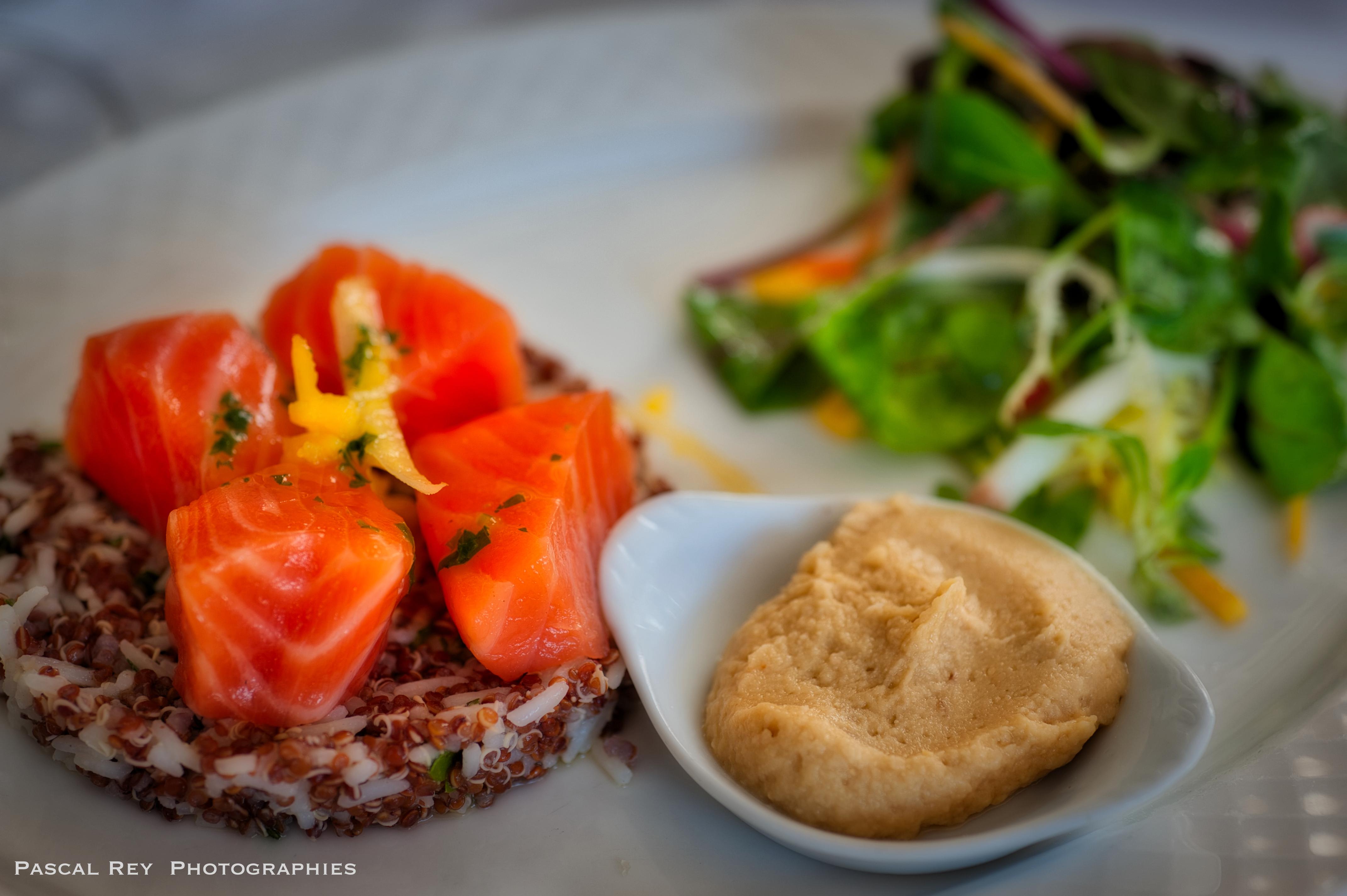In the realm of fitness and well-being, the synergy between nutrition and exercise is often likened to the harmony of a perfectly composed symphony. Just as a maestro carefully selects each note to create a masterpiece, so too must we thoughtfully plan our meals to fuel the body for optimal performance. Welcome to the art and science of meal planning for energy—a guide to unlocking the full potential of your workouts. Whether you’re a seasoned athlete or a weekend warrior, understanding how to nourish your body before, during, and after exercise can transform your routine from ordinary to extraordinary. Join us as we explore the intricate dance between diet and exercise, where every bite is a step toward achieving peak vitality and endurance.
Fueling Your Workout: Essential Nutrients for Energy
To ensure your body is primed for peak performance, it’s crucial to focus on the right nutrients that provide sustained energy. Start by incorporating a balanced blend of macronutrients into your meals. Carbohydrates are your primary energy source, powering your muscles during high-intensity workouts. Opt for complex carbs like whole grains, quinoa, and sweet potatoes that release energy gradually. Proteins are vital for muscle repair and growth, so include lean sources such as chicken, fish, or plant-based proteins like lentils and chickpeas. Don’t forget healthy fats, which play a key role in endurance and energy storage. Avocados, nuts, and olive oil are excellent choices.
- Hydration: Adequate water intake is essential for optimal energy levels and performance. Consider adding electrolytes for longer sessions.
- Timing: Plan your meals and snacks to coincide with your workout schedule. A small meal or snack an hour before exercising can provide the needed boost.
- Vitamins & Minerals: Ensure your diet includes a variety of fruits and vegetables to supply essential vitamins and minerals that support energy production.

Timing is Everything: When to Eat for Peak Performance
In the quest for optimal energy levels during exercise, the timing of your meals can be just as crucial as the food itself. Understanding your body’s natural rhythms and energy demands can help you fine-tune your nutrition strategy. Ideally, you should aim to eat a balanced meal 2-3 hours before your workout. This allows enough time for digestion and ensures a steady release of energy. A pre-exercise meal might include:
- Complex carbohydrates, like whole grains or sweet potatoes, for sustained energy.
- Lean proteins, such as chicken or tofu, to support muscle repair and growth.
- Healthy fats, like avocado or nuts, for additional energy reserves.
If you’re short on time, a light snack 30-60 minutes before exercising can be beneficial. Opt for easily digestible options like a banana or a smoothie to give you a quick energy boost without causing discomfort. Remember, the key is to listen to your body and adjust your meal timing based on how you feel during and after your workouts.

Balancing Macros: Tailoring Carbs, Proteins, and Fats
Finding the right balance of carbohydrates, proteins, and fats can significantly enhance your exercise performance and recovery. Carbohydrates are your body’s primary energy source, particularly during high-intensity workouts. Focus on complex carbs like whole grains, fruits, and vegetables that release energy steadily, preventing the dreaded mid-workout slump. Proteins, on the other hand, are essential for muscle repair and growth. Incorporate lean proteins such as chicken, fish, tofu, or legumes to support your muscles post-exercise.
Fats, often misunderstood, play a crucial role in sustained energy levels. Opt for healthy fats like avocados, nuts, and olive oil to provide long-lasting fuel, especially for endurance activities. When planning your meals, consider the timing as well. A balanced meal 2-3 hours before exercise ensures your body has the nutrients it needs. Key considerations include:
- Carbohydrates for quick energy
- Proteins for muscle support
- Healthy fats for sustained energy
Tailoring these macronutrients to your individual needs and activity levels can help you perform at your best.

Hydration Hacks: Staying Energized with Proper Fluid Intake
Staying energized during exercise isn’t just about what you eat, but also about how you hydrate. Proper fluid intake is a crucial component in maintaining energy levels and enhancing performance. Here are some hydration hacks to keep you at your best:
- Start Early: Begin hydrating a few hours before your workout. This gives your body time to absorb the fluids and prepare for the exertion ahead.
- Drink Consistently: Instead of chugging a large amount of water at once, sip small amounts regularly. This helps in maintaining steady hydration without overwhelming your system.
- Electrolyte Balance: Incorporate drinks that contain electrolytes, especially during long or intense workouts. These minerals help regulate nerve and muscle function, keeping you energized.
- Listen to Your Body: Pay attention to signs of dehydration such as thirst, fatigue, or dizziness, and adjust your fluid intake accordingly.
Remember, the key to staying energized is a balance between the right nutrition and smart hydration strategies. By prioritizing your fluid intake, you can power through your workouts with vigor and vitality.
The Conclusion
As we conclude our exploration into the art of meal planning for peak performance, it’s clear that the journey toward optimal energy is as much about mindful preparation as it is about the exercise itself. Just as a well-tuned instrument enhances the symphony, a well-nourished body elevates every movement, every heartbeat, and every stride. By carefully selecting and timing your meals, you can transform your energy levels and unleash your full potential. So, whether you’re hitting the gym, the track, or the yoga mat, remember that your plate is your partner in performance. Embrace the power of nutrition, and let it fuel not just your workout, but your entire well-being. Here’s to vibrant health and endless energy—your adventure in exercise has only just begun.
